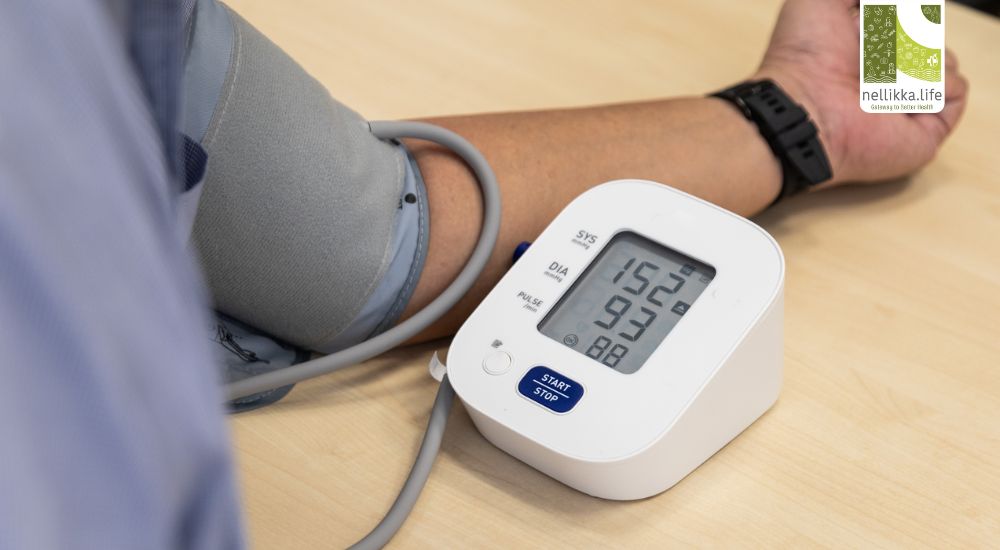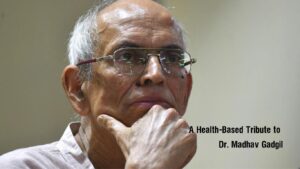The Silent Climb: Why High Blood Pressure Often Goes Unnoticed Until It’s Too Late

High blood pressure, or hypertension, is one of the most common chronic conditions worldwide. According to the World Health Organization, an estimated 1.28 billion adults aged 30–79 years globally have hypertension, with a large majority unaware of their condition. Often called the “silent killer,” high blood pressure creeps up without noticeable symptoms—until serious complications arise.
This blog explores why hypertension is so dangerously quiet, its impact on your body, and how to detect and manage it early for a healthier, longer life.
What is Blood Pressure?
Blood pressure is the force exerted by circulating blood on the walls of the arteries. It’s recorded as two numbers:
- Systolic Pressure (upper number): Pressure when the heart beats.
- Diastolic Pressure (lower number): Pressure when the heart is resting between beats.
A normal reading is around 120/80 mmHg. Hypertension is typically diagnosed when readings consistently exceed 130/80 mmHg.
Why Is High Blood Pressure Called the “Silent Killer”?
Unlike other illnesses, hypertension doesn’t cause pain or overt symptoms in its early stages. Most people feel fine—even as their arteries and organs silently suffer damage. This lack of warning signs means people often discover they have high blood pressure only after a serious event like a heart attack, stroke, or kidney failure.
What Causes Blood Pressure to Rise Silently?
Several factors contribute to this stealthy condition:
- Genetics – Family history plays a strong role.
- Poor Diet – High salt, sugar, and processed food intake.
- Lack of Exercise – Sedentary lifestyle weakens heart and vascular health.
- Obesity – Extra weight strains the heart and blood vessels.
- Stress – Chronic stress hormones raise blood pressure over time.
- Alcohol & Smoking – Both narrow the arteries and stiffen blood vessels.
- Sleep Apnea – Repeated night-time breathing interruptions impact heart health.
Consequences of Ignoring High Blood Pressure
Uncontrolled hypertension can affect virtually every system in your body. Common complications include:
- Heart attack or heart failure
- Stroke or mini-strokes (TIAs)
- Kidney damage or failure
- Vision loss (hypertensive retinopathy)
- Cognitive decline and dementia
- Aneurysms (weakened blood vessels)
How to Know If You Have High Blood Pressure
Since symptoms are rare, regular screening is essential. If you’re over 30, overweight, or have a family history of hypertension, you should check your blood pressure at least once every year—or more frequently, as advised by your doctor.
Signs to Watch For (When BP Is Extremely High)
While most people feel fine, extremely elevated blood pressure can sometimes cause:
- Severe headaches
- Shortness of breath
- Nosebleeds
- Chest pain
- Vision problems
These are medical emergencies. Seek help immediately if they occur.
How to Manage and Lower Blood Pressure Naturally
- Monitor Regularly
Invest in a digital BP monitor and check readings weekly. - Adopt a DASH Diet
Focus on fruits, vegetables, low-fat dairy, whole grains, lean proteins, and less sodium. - Exercise Regularly
Aim for 30 minutes of walking, swimming, or cycling at least 5 days a week. - Lose Excess Weight
Even a 5-10% weight loss can make a big difference. - Quit Smoking & Limit Alcohol
Both raise blood pressure and damage blood vessels. - Stress Management
Practice yoga, deep breathing, or mindfulness meditation to lower cortisol. - Sleep Well
Aim for 7–9 hours of quality sleep each night.
When Lifestyle Isn’t Enough: Medications Help
In some cases, especially when lifestyle changes alone are not enough, antihypertensive medications may be prescribed. Common classes include ACE inhibitors, beta-blockers, calcium channel blockers, and diuretics. These drugs help lower pressure on blood vessels and reduce the risk of heart and kidney damage.
Always follow your doctor’s instructions and never stop medications without guidance.
High blood pressure might be silent, but its consequences can be devastating. The good news? With routine screening, simple lifestyle changes, and medical support when needed, it can be detected early and controlled effectively.
At Nellikka.life, we believe in empowering you with knowledge that saves lives. Be proactive—know your numbers, make heart-smart choices, and help others in your circle do the same.
Because prevention isn’t just better than cure—it’s essential.
References :





